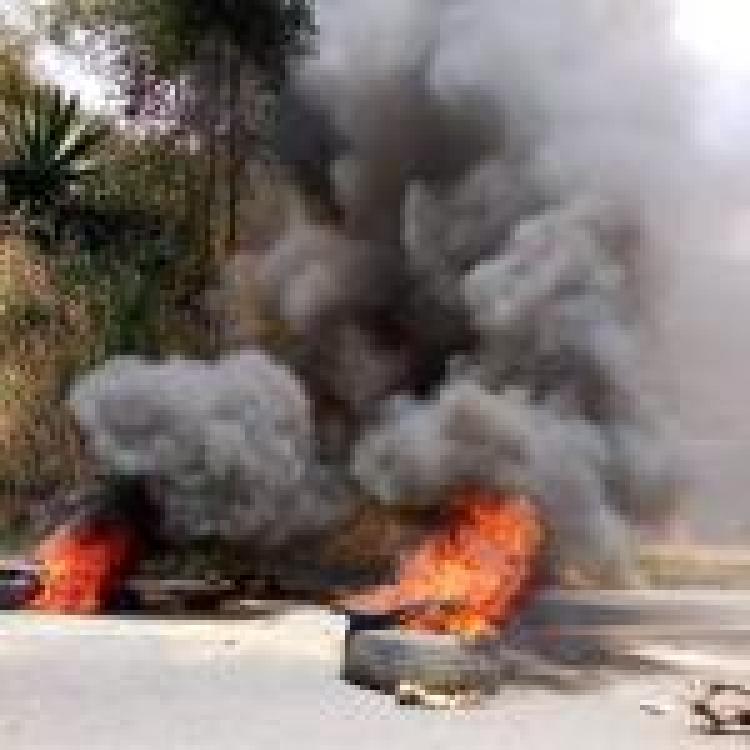The Sri Lankan government has declared a state of emergency across the island for at least 10 days, after Sinhala mobs launched a deadly anti-Muslim riot in Kandy yesterday.
Making the declaration, President Sirisena said the move was to allow the police and security forces to deal quickly and impartially against any person who attempts to cause criminal acts or infuse religious unrest irrespective of the religious or ethnic identity or party alliance. He said he had given special instructions to police and tri forces to use the emergency regulations appropriately and legally for the welfare of the people and ensure that public is least inconvenienced and the human rights are not violated.
The following reasons where sited as the reasons for the state of emergency:
1. The acts of violence and criminal activities taken place in the last two weeks.
2. The deaths and distraction of properties as a result of those violent acts.
3. The resulted religious disharmony and unrest due to those acts
4. Attacks of properties, religious places and transport vehicles causing damages, and
5. Continuation of these criminal acts unabated.
Sinhala mobs, including Buddhist monks, set fire to two mosques as well as Muslim businesses and homes in the areas, with reports that at least 8 homes and 50 businesses were burnt in the attacks. The true number of properties that have bee damaged since yesterday evening has reportedly risen.
The body of a 27 year old man has reportedly been recovered inside a burnt building in Digana on Tuesday morning. Local sources have said the killed man was named Basith.
Sri Lankan government minister S B Dissanayake said the government had decided to declare the state of emergency this morning, following the violence.
“There are allegations that the law was not implemented to minimize the impact of these tense situations,” he said. “Now, the Police and Army personnel had been deployed to respective areas to beef up security”.
The situation remains tense in Kandy, with a curfew in place and schools across the district closed.
Despite the curfew though, attacks on Muslim businesses had continued, according to Rauff Hakeem, a senior minister in the Sri Lankan government, who said the Sinala mobs had been coordinated.
The failure of the law and order machinery has resulted in this,” he told Reuters. “The damage is unimaginable. This is clearly hate crime.”
Twenty-four people have been arrested in relation to the attacks and are being held on remand until March 19.
Several Buddhist monks and followers protested on Tuesday outside the police station where the men are being held, demanding their release.

